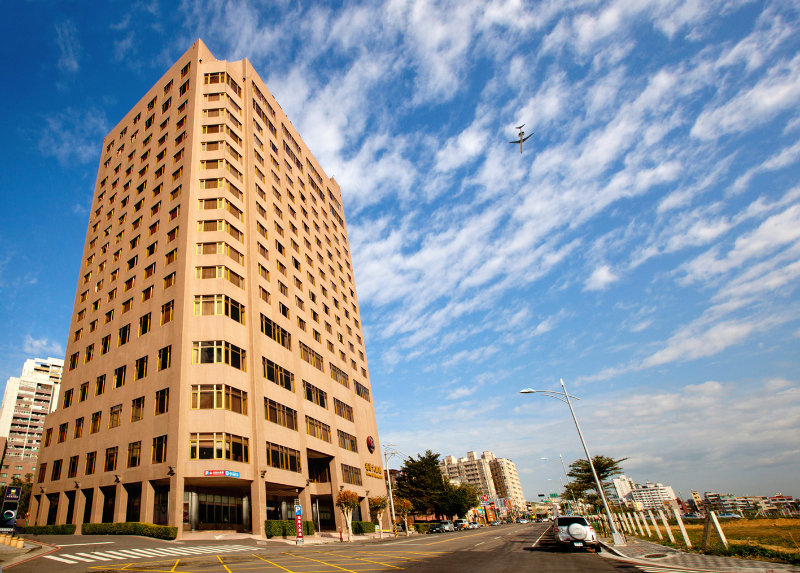Call for Papers and Panels
Since 2009, the United Nation has initiated a network of The United Nations Academic Impact (UNAI) by aligning the stakeholders of high education to support and contribute to the realization of UN goals such as promotion and protecting human rights, access to education, sustainability, conflict resolution, and other vital issues. It has then become a vibrant platform to engage academics, scientists, researchers, experts, think tanks, institutions of higher education, continuing education and educational associations to employ ‘academic impact’ to make the world a better place. How to cultivate, improve, expand, and integrate the ‘academic impact’ from local to global levels has therefore become a crucial challenge for the academic community. It calls for collaboration and contributions of expertise from academic participants to advise the competent authorities to effectively solve problems and tackle difficulties.
Against such global backdrops, the 2019 TASPAA annual conference intends to engage reflections and discussions around the theme of ‘Academic Impact for Better Future’. We sincerely invite submissions of individual papers and panels of papers from researchers, postgraduate students, and practitioners from relevant fields for the 2019 TASPAA annual conference in Taichung, Taiwan. This conference will serve as a platform for academics and researchers to exchange ideas, to connect theory and practice of public administration and to expand networks both home and abroad.
Submissions & Conference tracks
We welcome contributions of original papers and research works of interdisciplinary nature from relevant fields in two formats: individual papers and panels of papers.
- Submission of individual papers
Please use Form 1 for individual paper proposal.
- Submissions of panels of papers
A panel proposal should include up to four papers under the 10 conference tracks. Please use Form 2 for panel proposals.
Following the theme of ‘Academic Impact for Better Future’, 10 tracks of sub-themes are devised follows:
- Public policy and regulatory administration: This category includes the elaborated planning, analysis, implementation, and evaluation regarding policy processes, as well as investigations into regulatory administration cases of food safety, clean energy, anti-narcotics and drug enforcement, long-term care, health insurance, social welfare, transportation policies, etc. that are derived from the concept of development and application tools.
- Administration ethics and integrity: This category includes administration neutrality, administrative ethics, protection of whistleblowers, incorrupt capability and avarice elimination , diligent investigation, security and investigation, information disclosure, and government transparency.
- Regional governance and locality revitalization: This category includes geographical space, administration jurisdiction, governance issues of cross-domain collaboration between the government and civilian organizations, cooperation and competition between physical and virtual network domains, and cooperation research between homogeneous and heterogeneous organizations, burgeoning vitality from old residences, community economics, locality festivals, locality tourism, cultural creative industry, and circular economy under the domain of metropolitan governance.
- Environmental governance and disaster prevention: This category includes all kinds of environmental issues from the perspectives of sustainable governance in response to climate change, compound disasters, land use, resource conservation, mountain disaster rescues, disaster prevention, brownfield utilization, environmental considerations, environmental education, and other topics.
- Reform and development of civil service system: This category includes examination and selection of public service manpower, training and safeguarding, talent exchange between the public and private sectors, annuity system reform, part-time work by civil servants, legalization of professional allowance to public service personnel, training-examination-employment-retention for public service personnel, service motivation and incentive systems, head appointment in tri-tier agencies, legalization of civil service systems, leadership of diversified human resources, adjustment of locality positions, and volunteer services of grey-haired civil service human resources, as well as political, secretarial, and contract human resource issues.
- The third sector and charity: This category includes all such topics as nonprofit organization management, government-funded non-profit organizations, social enterprises, charitable trust, social impact assessment, social return on investment, SROI, crowdfunding, and charity fund-raising.
- Government auditing and public accountability: This category includes such topics as government budget, public finance, and performance auditing, as well as topics on participatory budgeting, public resource application and planning, and responsibility.
- Data governance and organizational performance: This category includes such topics as e-government, artificial intelligence and policy applications, cloud computing and big data governance, open data and service innovation, network volume surveys, and online polls.
- Locality autonomy and administration legalization: This category includes all topics related to locality autonomy, local institutions, elections, public elections, political parties, lobbying or political contributions. Regarding issues related to locality autonomy and local institutions, we welcome papers on reviewing legalization and suggesting resolutions to practical issues on topics of ‘proceeding transparency by locality legislatures, protecting rights of indigenous people and different genders to political participation, communication and coordination mechanisms between the central and locality administration, regional joint governance, and relations between the legislature and administration’.
- New trends in the development of public administration: We welcome papers on pioneering research, scientific and technology-integrated research, major developments and trends of public administration in various countries, and public administration teaching, research methods, and applications of technical tools.
